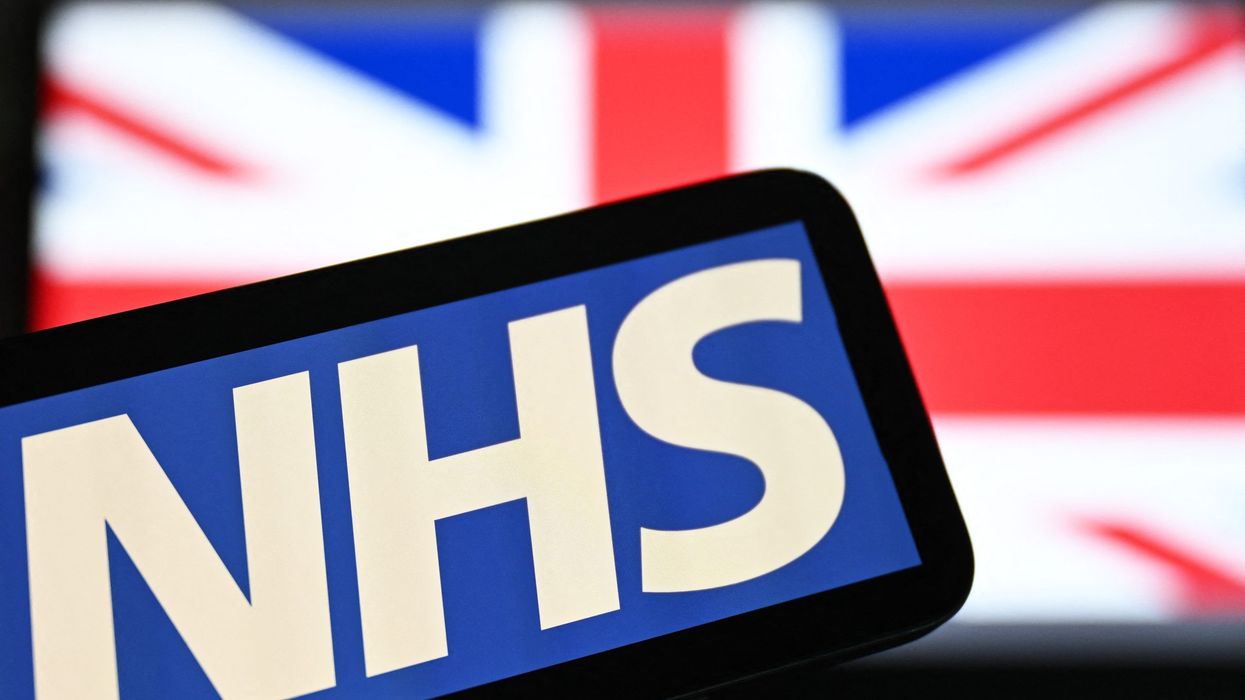PAGB says self-care could save NHS £1.7bn by reducing 30 Million unnecessary GP and A&E visits annually and suggests six key actions for the government
The Proprietary Association of Great Britain (PAGB) has called on the new Labour government to prioritise six key actions within its first 100 days to harness the benefits of self-care for the public, the NHS, and the wider economy.
Aimed to ease the burden on the NHS, the PAGB hopes that the suggest six key actions would help during the incoming winter illness season.
According to PAGB, the NHS deals with approximately 25 million GP appointments and 5 million A&E visits each year for self-treatable conditions.
By empowering individuals to manage their own health more effectively, the NHS could potentially save up to £1.7 billion annually.
In her letter to Wes Streeting, Secretary of State for Health and Social Care, Michelle Riddalls, CEO of PAGB, urged the government to act promptly.
The Self-Care Strategy Group (SCSG) emphasised that 'self-care for minor and self-treatable conditions is a vital tool in managing capacity within primary and emergency care settings' and highlighted the potential of self-care to 'enable systemic change to the UK’s approach to healthcare.
The PAGB has issued a renewed call to action, building on Michelle's compelling case for prioritizing self-care, which she presented at an April panel event with Wes Streeting MP.
The emphasis on self-care underscores its significant public interest, potential cost savings for the NHS, and the crucial role of the consumer healthcare industry in delivering reliable advice and information to individuals.
This push aligns with broader efforts to empower individuals in managing their health more effectively and sustainably.
In a newly published action plan, PAGB outlines its recommendations for the government:
1. Enhancing Primary Care Integration: The plan suggests implementing IT systems that allow pharmacists to refer patients directly to a range of primary care services and integrate these referrals into medical records.
2. Upgrading Digital Platforms: PAGB advocates for improvements to the NHS app and website to provide easier access to reliable self-care information.
3. Boosting Public Awareness: The action plan includes a call for a nationwide campaign to improve public understanding of primary care services and self-care advice.
4. Educational Reforms: PAGB recommends adding self-care and the role of pharmacists to the relationship, sex, and health education curriculum, ensuring that secondary school students receive essential health management knowledge.
5. Supporting the OTC Sector: The plan calls for updates on the conditions and categories suitable for reclassification of over-the-counter (OTC) medicines, based on collaborative research involving the Department of Health and Social Care (DHSC), MHRA, and industry.
6. Sector Representation: PAGB seeks representation for the OTC sector on the Life Sciences Council to support ongoing investment and prioritisation in the UK market.












